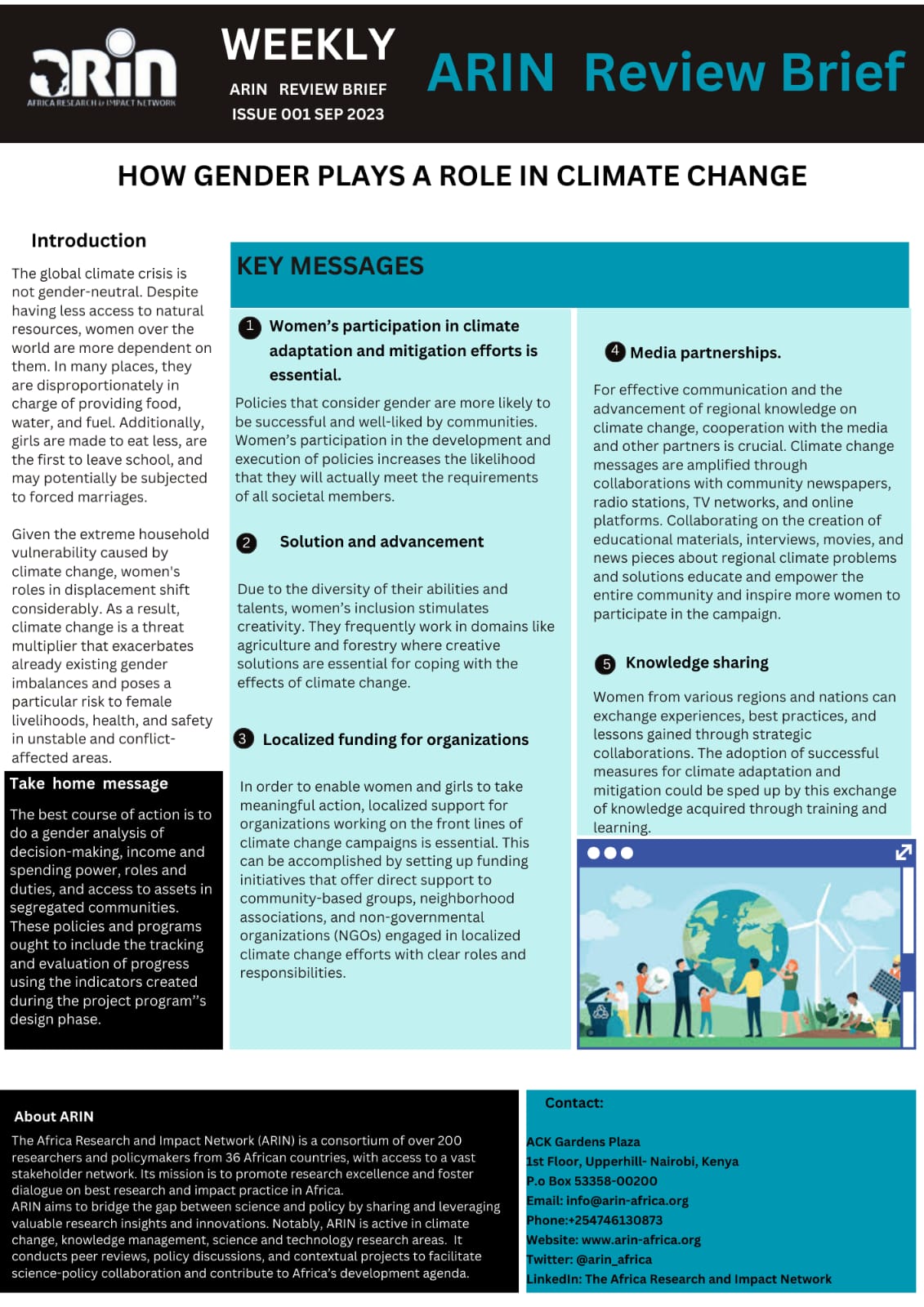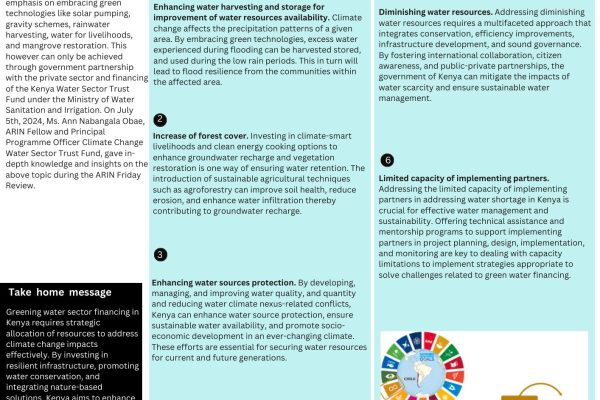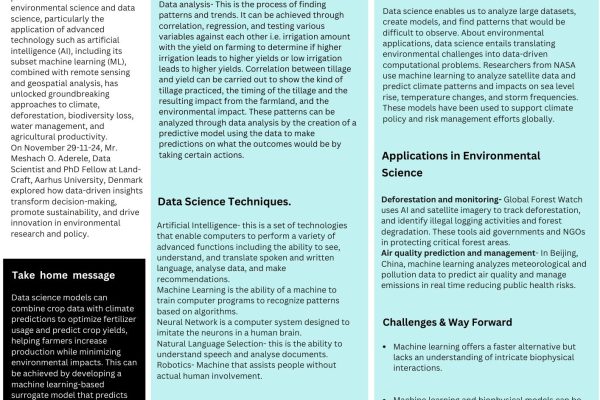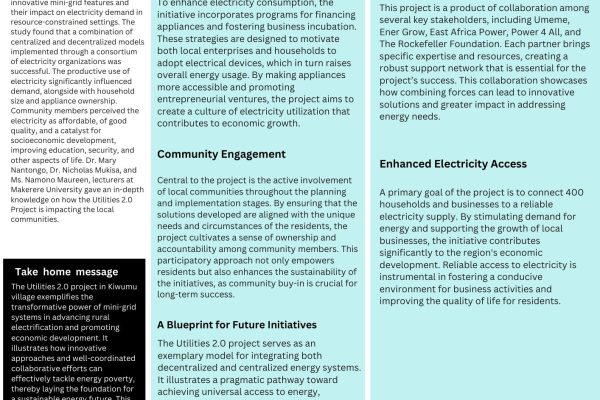Introduction
The global climate crisis is not gender-neutral. Despite having less access to natural resources, women over the world are more dependent on them. In many places, they are disproportionately in charge of providing food, water, and fuel. Additionally, girls are made to eat less, are the first to leave school, and may potentially be subjected to forced marriages. Given the extreme household vulnerability caused by climate change, women’s roles in displacement shift considerably. As a result, climate change is a threat multiplier that exacerbates already existing gender imbalances and poses a particular risk to female livelihoods, health, and safety in unstable and conflict-affected areas.
Key messages
Women’s participation in climate adaptation and mitigation efforts is essential. Policies that consider gender are more likely to be successful and well-liked by communities. Women’s participation in the development and execution of policies increases the likelihood that they will actually meet the requirements of all societal members.
Solution and advancement. Due to the diversity of their abilities and talents, women’s inclusion stimulates creativity. They frequently work in domains like agriculture and forestry where creative solutions are essential for coping with the effects of climate change.
Knowledge sharing. Women from various regions and nations can exchange experiences, best practices, and lessons gained through strategic collaborations. The adoption of successful measures for climate adaptation and mitigation could be sped up by this exchange of knowledge acquired through training and learning.
Media partnerships. For effective communication and the advancement of regional knowledge on climate change, cooperation with the media and other partners is crucial. Climate change messages are amplified through collaborations with community newspapers, radio stations, TV networks, and online platforms. collaborating on the creation of educational materials, interviews, movies, and news pieces about regional climate problems and solutions educate and empower the entire community and inspire more women to participate in the campaign.
Localized funding for organizations. In order to enable women and girls to take meaningful action, localized support for organizations working on the front lines of climate change campaigns is essential. this can be accomplished by setting up funding initiatives that offer direct support to community-based groups, neighborhood associations, and non-governmental organizations (NGOs) engaged in localized climate change efforts with clear roles and responsibilities.
Conclusion.
The best course of action is to do a gender analysis of decision-making, income and spending power, roles and duties, and access to assets in segregated communities. These policies and programs ought to include the tracking and evaluation of progress using the indicators created during the project program’s design phase.




